Isn’t the world amazing today! Today we can share our thoughts and ideas with everyone in the world with only the click of a mouse. The internet provides the opportunity for anyone to express themselves to the whole world and we are more globally connected with other individuals than we have ever been in history. It is a far cry from our mail service in the old days.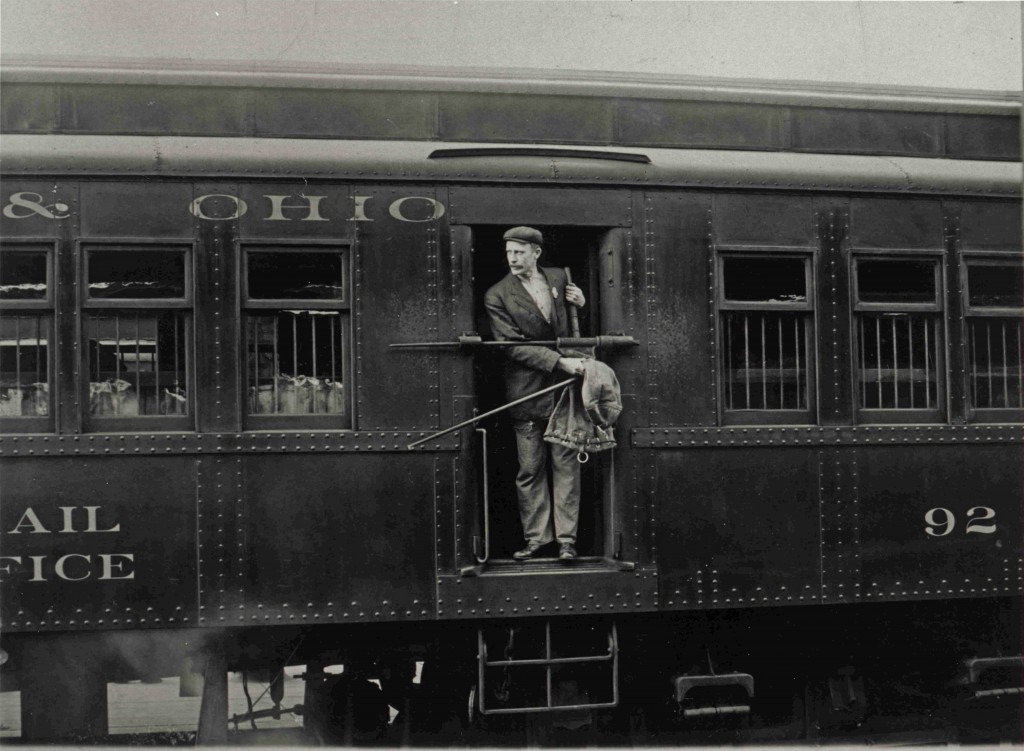
Each of us can voice our opinion of news events, blogs, books and other matters on a global scale via the internet and social media, and our words could possibly be shared around the world in minutes. This awesome power to be heard is intoxicating and people who normally are reticent are speaking out and discovering their voice.
The Virtual World Allows Anonymity
In this Brave New World, talk shows hosts and TV broadcasters encourage responses via tweets and Facebook that are published and often read during TV programs. In many cases, one’s real name is never used.
However, this virtual and anonymous environment seems to encourage normally kind people to become know-it-alls who feel it is their duty to correct anyone and everyone they see wrong on the internet and otherwise. Some people are brutal with their criticisms. Statements are made on Facebook and Tweeted that most people would never say in a face-to-face encounter or even over the phone for fear of hurting one’s feelings.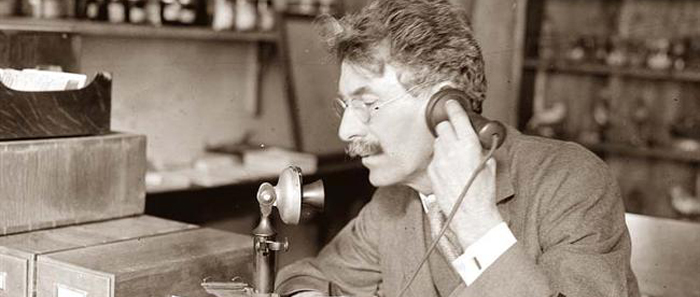
The ability to remain anonymous emboldens individuals and many normally kind people derogate, harass and make statements that are not well thought-out and are many times hurtful to others. Almost everyone has become an instant analyst and critic.
We are becoming a world of fault-finders
In point of fact, the more controversial or angry comments tend to be encouraged in Talk shows and TV broadcasts, and are often the first read and enlivened in social media.
Prior to the internet, comments and gossip as well as criticism made about local people and events rarely left one’s own circle of friends and were not voiced in public settings. No one wanted to be known as the town gossip or to be ostracized for something said in anger. With social media, it is easy to comment, respond, point out errors, and bad-mouth others with no repercussions.
Why do we feel compelled to harshly judge and condemn others actions, words, and deeds online? It certainly does not enhance our lives by criticizing others and only makes an enemy of those we judge. After all, no one is perfect. Shouldn’t we be willing to accept failure in others from time-to-time without condemnation?
We should remember that children copy what they see
The comments we post in cyberspace reveals much about our society and what we are teaching our children. In this new electronic medium, we must act responsibly and remember that how we comment and respond in cyberspace (or anywhere else) is a reflection of our individual personalities. Children read our comments and they are like sponges. They copy what they see. When they hear and see adults bad-mouth or berate others, they feel it is okay to do the same. Is this a quality we want them to learn?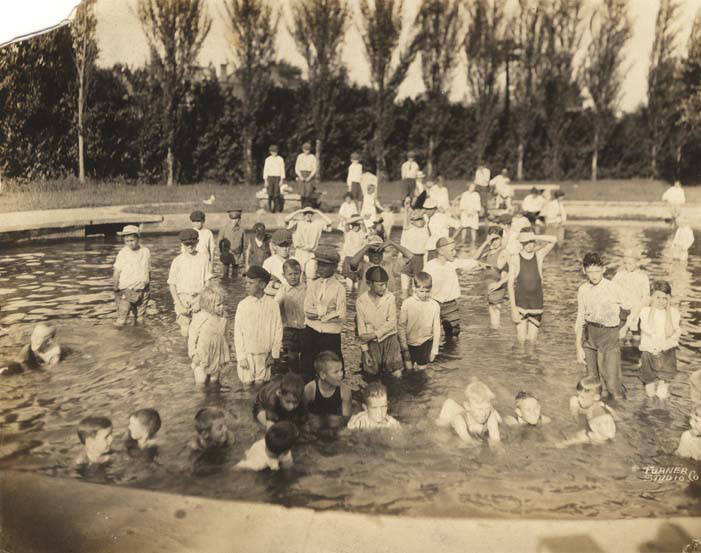
Courtesy is rare on the internet. Granted, some of it is due to nature of medium we are using. Nuances that embody our true emotions can not be easily revealed by typing on a keyboard and some hurtful statements may sound more critical than they were meant. For this reason, we should be careful how we word our comments when we are critiquing others. Constructive criticism is helpful—bashing, personal or otherwise is not.
Let’s show our children a kinder internet world.


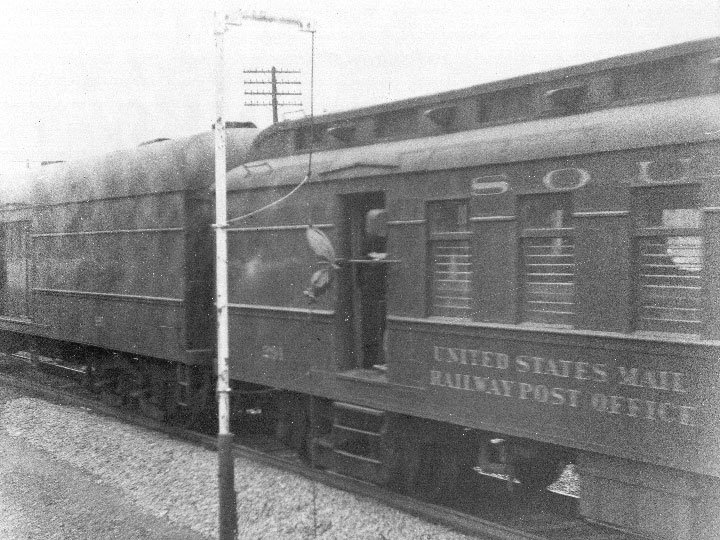

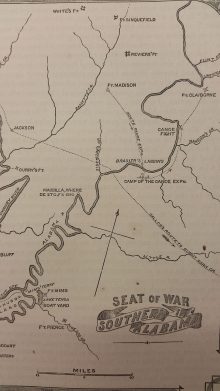
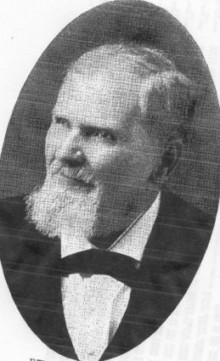
I certainly hope it is not having that effect.
TRUER WORDS WERE NEVER SPOKE!
No, Our president is doing that for us.